The Foundation for Education Development’s National Education Leaders Council discussed the notion of human flourishing with a provocation by Michael Stevenson from OECD. At this meeting we asked Aimée Tinkler, Deputy Director of the Greenwood Academies Teaching Institute and Vice-president of the Chartered College of Teaching, to share her reflections following the discussion.
Title: What can flourishing really mean?
Author: Aimée Tinkler
At Greenwood Academies we know that for our students, flourishing means so much more than leaving school with only a set of grades that compare favourably to peers across the world. The flourishing of our young people feels important whilst almost impossible to define and it was heartening to hear that this is a conversation which is being had at the very top of the global education system. I was delighted to be able to join The Foundation for Education Development’s Leaders Council alongside a range of educationalists from across the sector including Michael Stevenson, Senior Advisor at the OECD, to grapple with exactly this and a vision for an education system of the future.
Many of us will have sat through conferences and heard from politicians and department leaders about how we can, and must, play our part in improving our position in the PISA rankings and bolstering our reputation as a high-performing system. Of course, as educators we want the best for our young people and if this means achieving high scores in exams that is what we will aim to do but is that really the pinnacle of a high-performing system in a world where technology is changing the playing field faster than ever before? It is clear that our future world will demand something different from its citizens, and metrics of the past, if once useful may no longer tell us much about how our systems support learners of tomorrow or how prepared they make our young people to live as flourishing citizens of this future world. In his report, Michael settles on three areas an education for the future might focus on. They diverge greatly from easily quantifiable academic testing. Adaptive problem-solving, ethical decision making and aesthetic perception all sound fascinating but what do these things look like, how do we create a system to develop them and how do we ensure our pupils are developing in areas we can’t quantify? Will success in these areas ensure our young people, in fact, everyone in our education system is flourishing?
These are huge questions and I am encouraged that the OECD is wrestling with the idea of something different, potentially something better. I suspect there are as many answers as there are people to ask and the OECD project does intend to consult widely and ask people from across the world for their contribution. I encourage you to read the report and join in the conversation, it is an exciting one. Whilst we may not be able to define what flourishing means to all people, we can say with certainty that many of the problems and challenges experienced today both for our young people and for our teachers and staff do not lead to flourishing for all and whilst a perfect system for everyone may be a pipe dream, the rate at which we are being forced to change surely means that we need to at least try to find another way. I just hope that when the OECD ask our 15-year-olds what flourishing means to them, they are able to reach beyond a set of grades on a piece of paper and look forward as citizens of the future no matter what the current system may have led them to believe.



